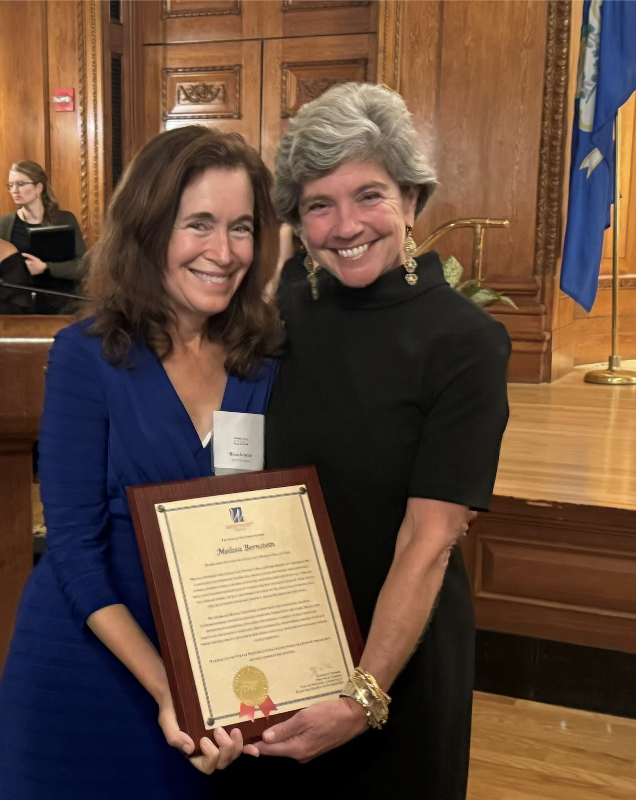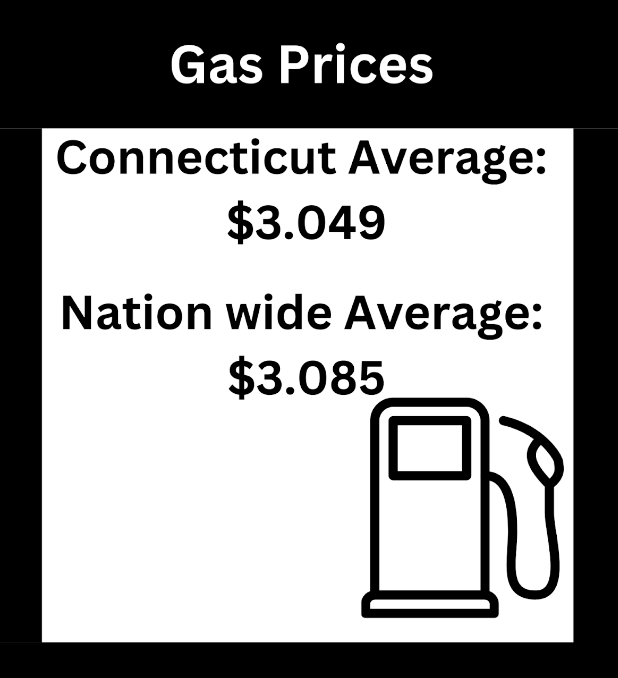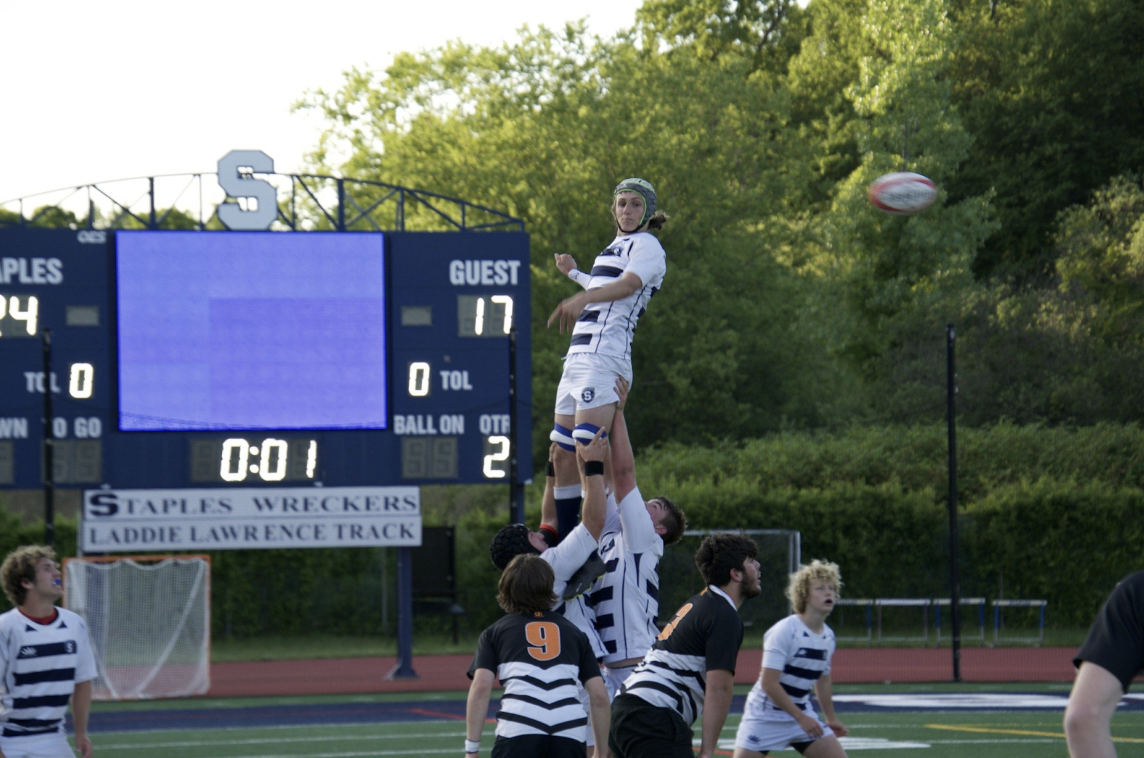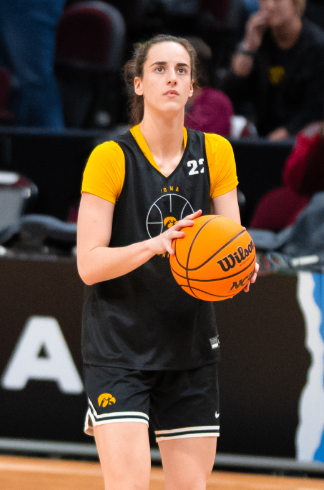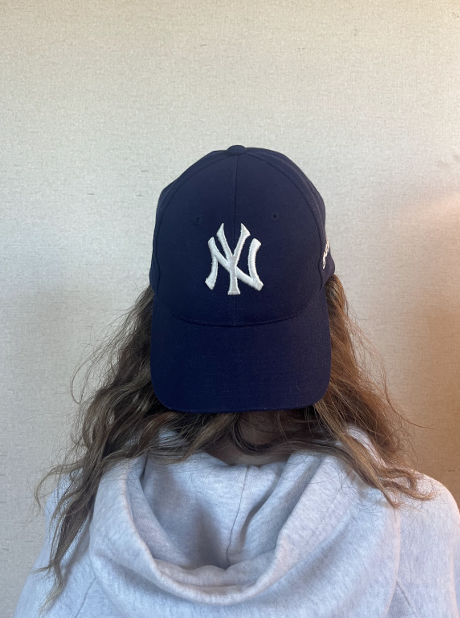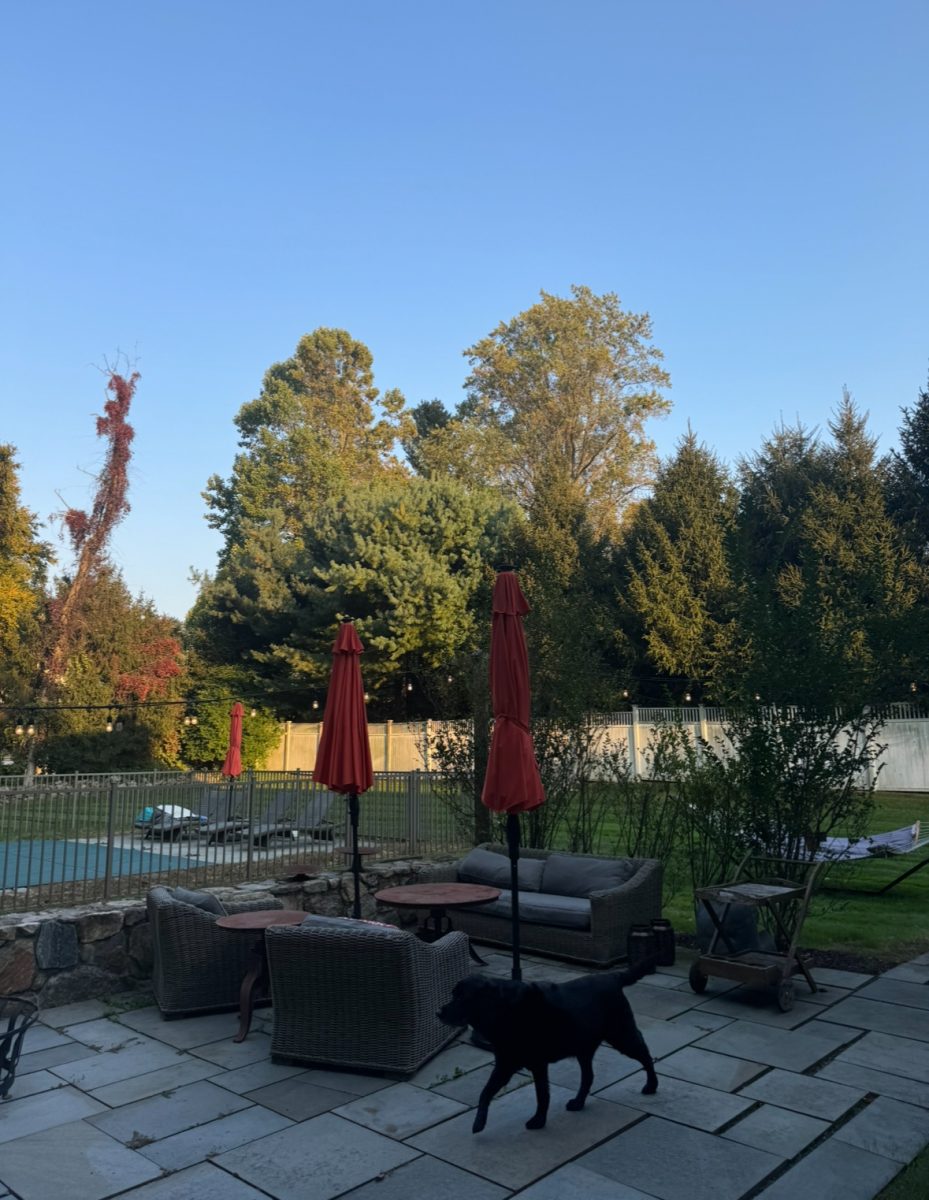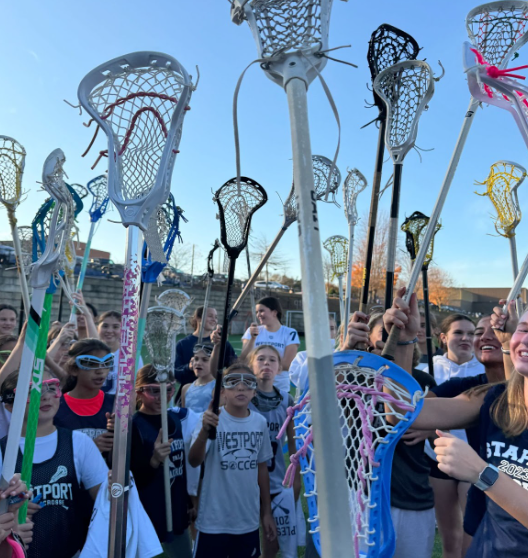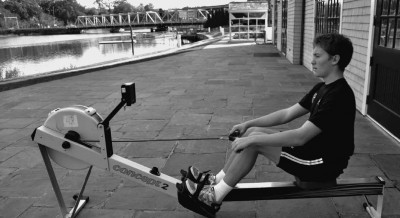
Caitlyn Rand ’13
Web Opinions Editor
In the heart of winter, John Morrison ’13 trains for rowing, his arms feeling weary as he gives all he’s got for the home stretch of his excruciatingly difficult workout
He’s been practicing rowing almost every day, except he hasn’t been in a boat; he’s been exercising dutifully on an ergometer, or an indoor rower.
“No one really likes erging, but we do it because it’s worth it,” Morrison said.
Many athletes at Staples find it difficult to train for their sport when it is off-season but find that the effort they put in leads to a better result come the season.
“Its definitely tough because you don’t have the motivation of your teammates around you and of games coming up. You really have to do everything on your own,” Freja Andrews ’11 said.
Andrews, a hockey player, does not train for hockey year round but rather does cardio workouts off-season, going to the gym three times a week and taking kickboxing classes to keep in shape. She said it’s hard to train off-season for hockey because the rinks are far away.
Andrews said she is usually out of shape for hockey because skating requires different muscles to be worked.
Alex Popkin ‘12, who runs cross country, indoor track, and outdoor track at Staples, said that the beginning of the cross country season is the hardest part because training by herself over the summer is different than on a team.
“It’s a lot of independent work, so you get as much out of it as you put in,” Popkin said.
On the other hand, for Morrison, the winter is “a great opportunity to focus on [my] weak areas,” and time to address more individual weaknesses rather than “the whole boat focus of the spring and fall.”
Morrison described the first few weeks of the rowing season as being “a little choppy” because “technique and muscle memory are a little out of synch.” In the winter, when rowing is not in season, he lifts weights, practices on the erg, runs, and bikes.
Colin Devine, the boy’s basketball coach, said his players are never out of shape come basketball season because most play fall sports.
Thus, in the beginning of the season, he tries to work on the “basketball playing components,” like offense and defense, more than on conditioning.
For Devine, the off-season is more about injury prevention and “trying to keep everyone healthy.” As both a gym teacher and coach, he strives to promote a healthy lifestyle.
Similarly, Jonathan Shepro, the girl’s volleyball coach, said he does not devote full practices to conditioning but rather works it into practices as “punishment for bad plays, lack of effort, etc.”
Shepro encourages athletes to play other sports if they want to rather than devoting their entire year to one sport.
Still, some athletes choose to train year round for one sport with no breaks.
“Taking a break seems like a good idea, but then you think, ‘I could work that much harder,’” Morrison said.



